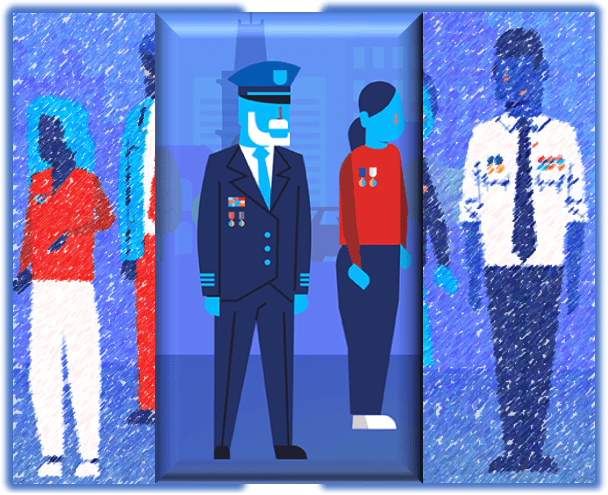An Online Toolkit

In partnership with McKesson, CADCA selected five coalitions to implement substance abuse prevention strategies focused on veterans in their communities, the Veteran Substance Abuse Prevention Project. To achieve lasting change in their communities, the coalitions used CADCA’s Seven Strategies for Effective Community Change. Through this project, CADCA was able to produce the Strategies for Addressing Substance Abuse in Veteran Populations Online Toolkit.
Every day, more than 115 people in the United States die after overdosing on opioids. The misuse of and addiction to opioids including prescription pain relievers, heroin, and synthetic opioids such as fentanyl is a serious national crisis that affects public health as well as social and economic welfare. This crisis in our country is especially problematic for our veteran population, who in honorable service to our country may have returned home with combat injuries and/or PTSD.
Many veterans are experiencing the following:
Chronic Pain – Chronic pain affects 30% of American adults, but affects 60% of veterans returning from the Middle East, and more than 50% of older veterans in the VA health care system. Battlefield injuries can often result in long-term moderate to severe pain. Chronic pain is sometimes treated with powerful, effective painkillers. Used properly, they can ease suffering and improve quality of life, used improperly they can lead to addiction and sometimes to a reliance on illegal drugs like heroin.
Physical Wounds and Posttraumatic Stress Disorder (PTSD) – exposure to combat and other life- threatening situations can be very traumatic and cause psychological and physical wounds. The U.S Department of Veteran Affairs estimates that 1 in 3 veterans seeking help with substance abuse also has PTSD.
Stress – Military life is very structured and contains a clear chain of command, whereas civilian life is generally very unstructured with no clear chain of command. Transitioning to civilian life can be a stressful challenge for many veterans due to an overwhelming amount of daily choices. Finding a job, finding housing, getting transportation, family issues and coping with Posttraumatic Stress Disorder (PTSD) are a few things that could trigger overwhelming stress. This may cause some veterans to rely on opioids and/or alcohol to cope with these stressors.



